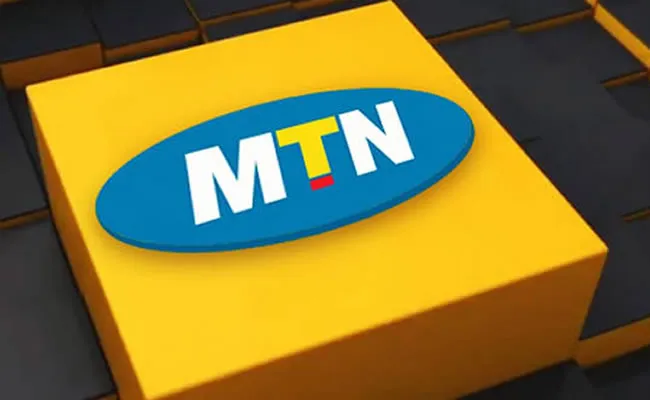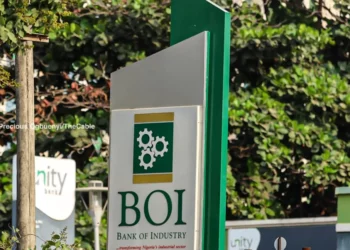MTN Nigeria has unveiled plans to expand its fibre network to connect over 8 million homes across the country by 2028, reinforcing its commitment to national broadband expansion.
Egerton Idehem, MTN chief broadband officer, announced the initiative during a virtual session with Media Innovation Programme (MIP) alumni on Thursday.
Speaking to the media, Idehem said, “When we talk homes, we’re not talking about individuals. We have to always think about homes as a cluster unit, a unit of family.”
He added, “We want to create opportunities for households, businesses, SMEs, and MSMEs—anyone who requires high-speed, unlimited, low-latency connectivity.”
Idehem noted that the decision to intensify fibre deployment is driven by Nigeria’s rapidly growing population and urban expansion, particularly in cities like Lagos, which are expected to experience significant population growth in the coming decades.
“The wireless networks we currently have will not be able to meet future demand. We’re looking at petabytes of data daily. Fibre is necessary to ensure reliability, low latency, and support high data consumption,” he explained.
He further emphasised the importance of fibre for remote work, noting, “Fibre is really needed in homes because many Nigerians now work from home.”
The initiative aligns with the federal government’s National Broadband Plan and National Digital Economy Policy, both aimed at improving internet access and digital inclusion nationwide.
“Every kilometre of fibre we deploy contributes directly to economic resilience and global competitiveness. It’s not just about profits; it’s about advancing national objectives,” Idehem said.
To achieve these targets, MTN is partnering with infrastructure companies, state governments, and local contractors to ensure efficient, sustainable rollouts.
“We’re making significant investments in fibre infrastructure and collaborating with local contractors to enable faster, smarter deployment,” he added.
Idehem highlighted the need for collaboration with communities and estate developers to integrate fibre into new housing projects from the outset.
However, he acknowledged persistent challenges, including vandalism, right-of-way issues, and road construction damages. MTN reportedly experiences 27 to 30 fibre vandalism incidents daily, with repairs incurring substantial costs.
Idehem commended the Nigerian Communications Commission (NCC) for designating telecom infrastructure as national assets requiring protection and for harmonising policies to facilitate fibre deployment.
“Our commitment is simple and strong: deliver quality, affordability, and reliability across a comprehensive network,” he concluded.





